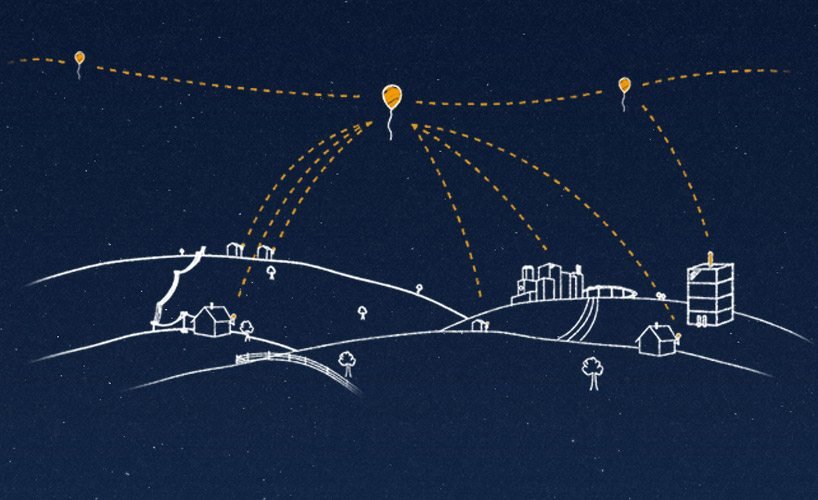Alphabet is shutting down its Loon division that provides internet from boats balloons, according to a post on Alphabet X moonshot section blog.

“The road to commercial viability has proven to be much longer and more dangerous than expected,” blogged Astro Teller, who leads X. “In the coming months, we will begin to terminate the functions and it will no longer be a gamble for Alphabet.”
Alphabet, Google's parent company, launched project Loon in June 2013 and became an independent company Alphabet in 2018. Loon launched its first commercial online service in Kenya in July, consisting of a fleet of about 35 balloons covering an area of about 50.000 square kilometers. Loon also provided services Internet in areas affected by natural disasters, deploying balloons in Puerto Rico after Hurricane Maria in 2017 and in Peru after the 2019 earthquake.
Teller reports that Loon is working to recruit employees to other roles at X, Google and Alphabet.
"A small Loon team will remain to ensure that Loon operations are completed smoothly and safely - this includes ending Loon's pilot service in Kenya," Teller said.
Loon's service in Kenya will be closed by March, according to an X spokesman. To support those affected in Kenya by Loon's closure, the company will provide $ 10 million to support nonprofits and businesses. in Kenya dedicated to "connectivity, the Internet, entrepreneurship and education".
Loon is not the project that Alphabet closed. Last year it also closed Makani project, which aimed to use wind turbines attached to kites to generate renewable electricity energy. In 2016, Project Foghorn also closed, which was researching how to create clean seawater fuel.






To laugh a little, let's take a look at all the projects that google has (at times) closed (see alphabet), by clicking on:
https://killedbygoogle.com/